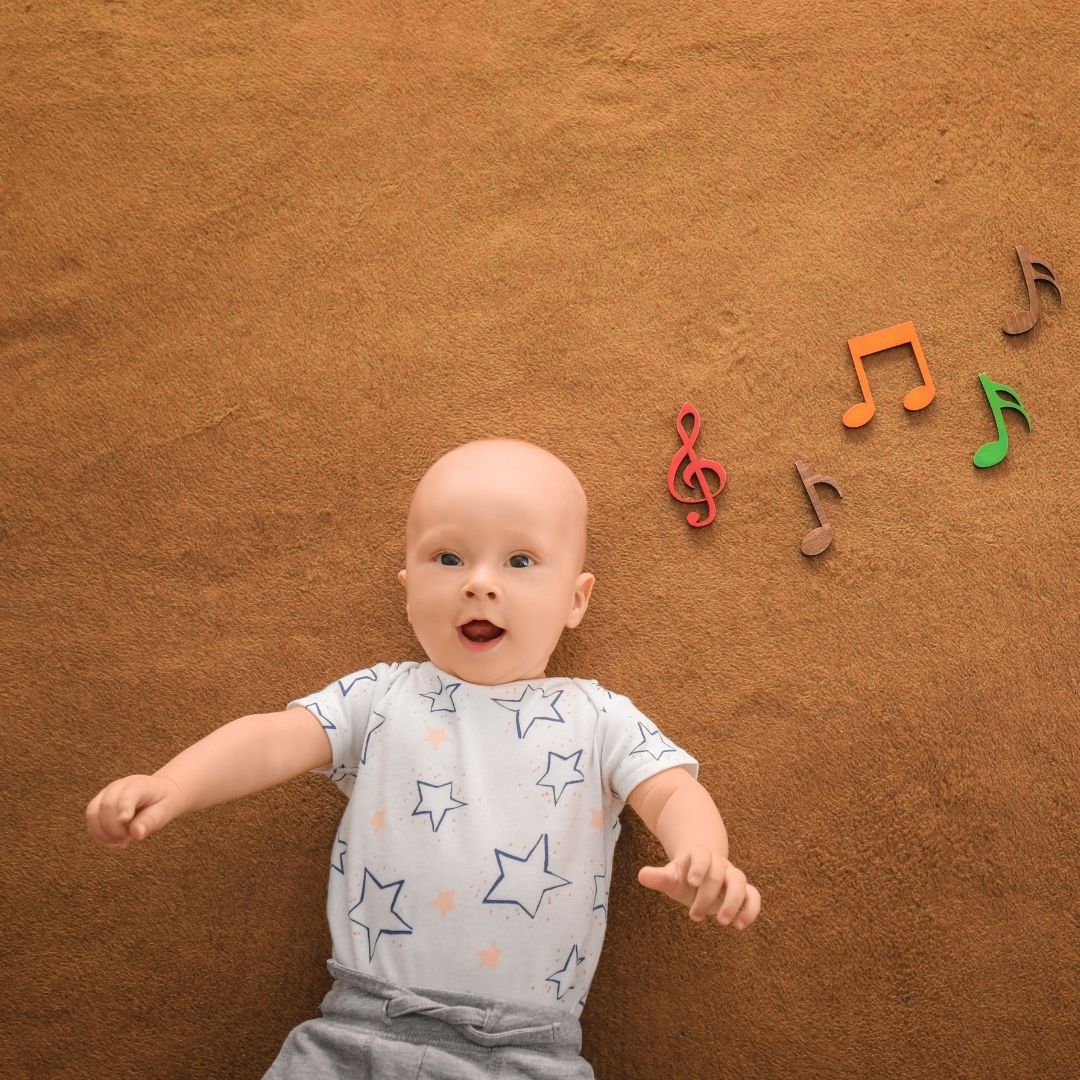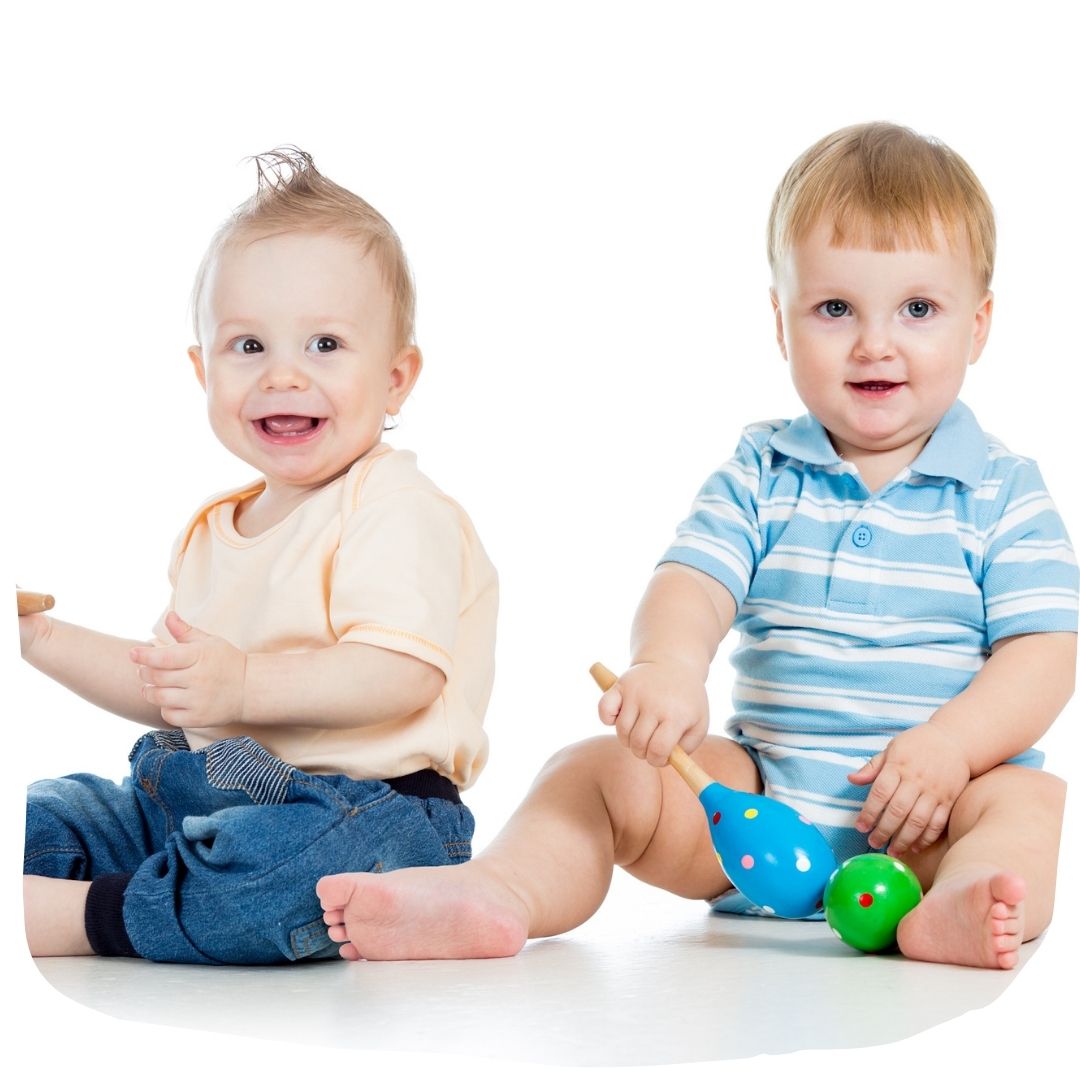The Scientific Link Between Music and Brain Development
Children’s ability to perceive and process music from infancy has caught the attention of scientists and researchers alike, as it allows them to explore the vastness of neuroscience from motor-skills to memory, speech and emotional regulation. (1)


Developmental psychologist Howard Gardner acknowledges this within his ‘Multiple Intelligences’ theory,
claiming that music is a significant area of intelligence in children’s education and overall brain development. It allows them to create, communicate, and derive meaning from sound. (2)
When children play music, the auditory cortex stimulates decoding systems to process and represent the vast complexity of different sounds.
It also creates neural pathways to other areas of the brain, including the frontal lobe in which the brain’s memory centre is located, developing memory formation and interpretation. ‘Broca’s area’ is also located within the frontal lobe of the brain, which becomes stimulated as children learn to interpret musical syntax through unfolding melodies and lyrics, processing language and music at the same time. (3)


Music also stimulates the orbitofrontal region of the brain, which is responsible for children’s emotional evaluation. (1)
Scientists have studied the way in which music can affect the human condition of mood in this regard. A highly rhythmic and up- beat song can make us feel excited, lifting our spirits and making us want to dance. A slow song in a minor key gives us the experience of sadness or calmness. This phenomenon of psychological changes in the brain links directly to neural connections within the motor cortex, in which sensory-motor circuits control the ways our bodies move; whether it be a natural desire to dance or sway along to the music, physical changes in heart rate and respiration that reflect the mood of the music, or the ability to develop the motor and fine motor skills necessary to produce music through playing an instrument. (1)
This demonstrates the importance of encouraging children to partake in musical opportunities in the early years.
It is during these form active years that their neural systems are experiencing the highest and fastest level of neural activity, and will thus demonstrate the most extensive development in both psychological and physiological brain response1. Dr Assal Habibi found that “musically trained children had an accelerated maturation of the brain’s auditory path- way”(4), meaning they are able to reach adult levels of maturation in auditory areas of the brain at an accelerated rate, and therefore create stronger neural connections to other relevant areas. Children under six create over one million new neural connections per second (5). Making music is ‘super food’ for a child’s developing brain, as it simultaneously engages practically every area of the brain at once. (1)
Article Written by By Maddy Kelly – Head of Teaching

Click the video to watch how playing an instrument benefits your brain by Dr. Anita Collins, Australian Educator, Musician and Academic.
References
1. Schlaug, G. (2005). Music, the food of neuroscience (pp 312-315). Nature Publishing Group. In, The Cognitive Neuroscience of Music (eds Peretz, I. & Zatorre, R. J.). Oxford Univ. Press, New York. (2003).
2. Gardner, H. (1993). Multiple intelligences (Vol. 5, No. 7). New York: Basic Books.
3. Kunert, Richard, Roel M. Willems, Daniel Casasanto, Aniruddh D. Patel, and Peter Hagoort. (2015). Music and Language
Syntax Interact in Broca’s Area: An fMRI Study. PLOS ONE 10 (11): e0141069. doi:10.1371/journal.pone.0141069
4. Habibi, A. (Dr.). (2016). Does Music Improve child brain development? News Medical Life Sciences. Retrieved from:
https://www.news-medical.net/news/20161013/Does-music-improve-child-brain-development.aspx
5. Center on the Developing Child (2009). Five Numbers to Remember About Early Childhood Development (Brief). Harvard University. Retrieved from:


